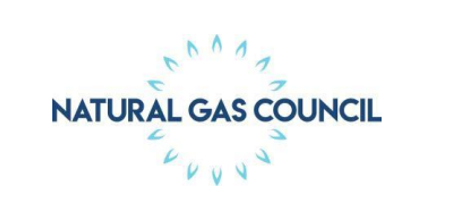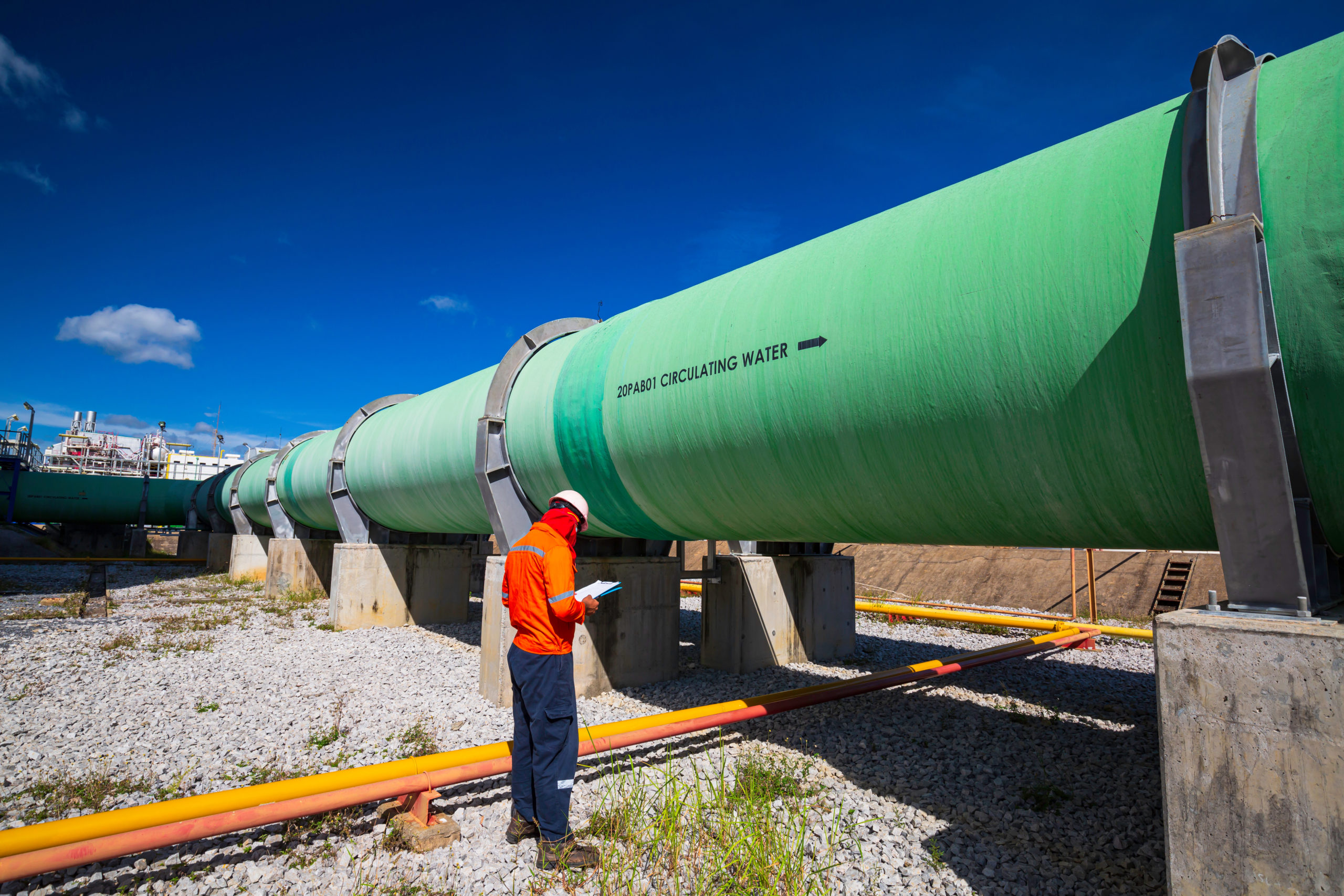INGAA forms board-level task force on gas-electricity integration
WASHINGTON—The Interstate Natural Gas Association of America has established a board-level task force to address questions related to the anticipated future growth in natural gas-fired generation.
The task force, led by Gary Sypolt, chief executive officer of Richmond, Va.-based Dominion Energy, will seek to engage all stakeholders, including regulators, electric generators and transmission operators, regional and national reliability organizations, the media and the public on the issue.
"Forecasts for the increased use of natural gas for the generation of electricity in the U.S. are based on two benefits – low cost and environmental advantages. This is an important development for both the natural gas and electric power industries. Given this enhanced role for natural gas, the industries, regulators and other stakeholders must work together to provide a reliable and cost-effective system for the additional natural gas transmission infrastructure required," Sypolt said.
“The interstate natural gas system has a long history of financing and constructing the pipeline infrastructure needed to meet its customers’ needs in a timely and cost-effective manner,” noted INGAA President and CEO Don Santa. “I’m confident that the industry will be able to meet the opportunities and challenges of increased natural gas-fired generation. Still, we recognize that the gas pipeline and electric industries need to work together with regulators to address and remove any impediments to greater utilization of natural gas for electricity generation. ”
Natural gas pipeline and electricity markets are very different, Santa explained. The two industries grew up largely separate from one another and there are significant differences in the commercial, regulatory and operational models under which the natural gas and electric power industries do business. Consequently, in designing policies, rules and practices that will facilitate a smooth transition to greater reliance on natural gas-fired power generation, it will be important to recognize and accommodate these differences.
INGAA applauds the Federal Energy Regulatory Commission for requesting comments on the questions surrounding natural gas and electricity. INGAA has suggested that the discussion focus on the following questions:
· To what degree will natural gas-fired generators be relied upon to ensure electric power reliability?
· How much and what kind of pipeline transportation (or some other form of reliable back up fuel source) will be required, given other generators in the market, to ensure electric reliability?
· Who should be responsible for holding the necessary pipeline capacity (or some other reliable back up) and how should the cost of that capacity be recovered?
· What types of tailored pipeline services could be provided to serve electric generators better and how will the cost of those services be recovered from electric customers?







